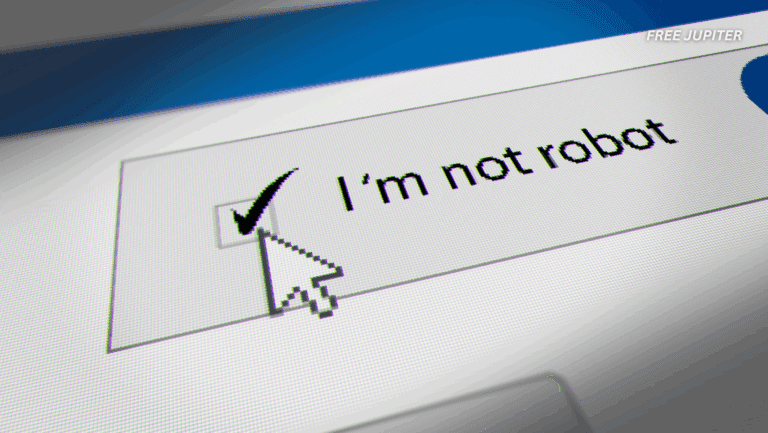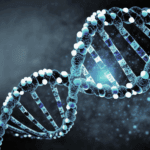Giving up sugar sounds simple in theory—just stop adding it to your coffee, right? But in reality, your body undergoes a fascinating transformation the moment it no longer gets its usual sweet fix. Here’s a breakdown of what happens, stage by stage, when you hit the brakes on sugar.
The First Hour: Your Body Notices the Change
Within about an hour after your last sugary snack, your blood sugar starts to level out. This happens because your body begins processing the glucose from your previous meal. Think of insulin, your body’s sugar traffic cop, stepping in to direct the flow: some glucose is used right away to fuel your body, while the rest gets stored for later.
Without new sugar pouring in, your system turns to backup energy sources—namely, the stored sugar in your liver and muscles. This helps prevent the dramatic energy highs and crashes that often follow sugary meals, along with the crankiness and brain fog they can bring.
One Day Later: Your Body Starts Digging into Its Sugar Pantry
After a full day of no sugar, your liver steps up. It begins converting stored glycogen (a kind of stashed-away sugar) back into glucose. This process, known as glycogenolysis, keeps your energy steady even though you’re no longer eating sweet stuff.
That said, don’t be surprised if you feel a little off. As your body adjusts, you might experience symptoms like irritability, fatigue, or a nagging headache. These are essentially signs of withdrawal—your brain’s dopamine levels (which sugar used to spike) are suddenly lower, and your body is protesting the missing “reward.”
Read more: Doctor Beats Cancer Using Treatment He Helped Invent—He’s Now Been Cancer-Free For Over A Year
After 48 Hours: Fat Takes the Stage
By the second or third day, something remarkable starts to happen—your body begins shifting into ketosis. This is a fancy way of saying your metabolism changes gears and starts burning fat instead of sugar for energy.
Fat gets broken down into molecules called ketones, which your body and brain can use as fuel. Many people find that this switch brings sharper focus, more stable energy, and fewer cravings. But not everyone glides into ketosis smoothly. Some folks feel a bit off, a phenomenon lovingly referred to as the “keto flu.” Symptoms can include dizziness, nausea, and even foggy thinking while your body transitions from sugar burner to fat burner.
What Happens After That? The Long-Term Shift
Stick with it, and your body becomes more efficient at burning fat for fuel. Over time, insulin levels drop and stay more stable, your risk for chronic conditions like type 2 diabetes and heart disease may go down, and your cravings for sweets can fade dramatically. Some even report clearer skin, improved sleep, and a more balanced mood.
It’s worth noting that everyone’s experience is different. Genetics, lifestyle, and even the type of diet you follow all play a role in how your body reacts to sugar withdrawal and fat adaptation.
Why Sugar Feels Like a Drug (And Kind of Acts Like One)
Ever had a dessert so good it made you sigh out loud or a candy binge that left you oddly wired, then weirdly wiped out? That’s not just your sweet tooth talking—your brain is chiming in, too. As it turns out, sugar has a much stronger grip on the human mind and body than most people realize. In fact, it behaves in surprisingly drug-like ways.
The Brain on Sugar: A Little Hit of Happiness
When you eat sugar—whether it’s a spoonful in your coffee or a doughnut that barely makes it to the plate before it’s gone—your brain lights up. Quite literally. Sugar stimulates the release of dopamine, the same chemical that makes us feel pleasure, motivation, and satisfaction. This is the same neurotransmitter activated by certain drugs, like nicotine and cocaine (though to a much milder degree).
But here’s the kicker: the more often you trigger this dopamine response with sugar, the more your brain starts to expect it. Over time, you may need more sugar to feel that same level of pleasure. Sound familiar? That’s a classic pattern of dependence.
Read more: One Dropped Bag of Cheetos May Have Triggered Ecosystem Chaos in America’s Largest Cave Chamber
A Reward Loop You Didn’t Sign Up For
Much like a drug, sugar can create a cycle of cravings and rewards. The moment your blood sugar dips—even just slightly—your brain starts nudging you to go find another sweet fix. This is your body trying to avoid the discomfort of withdrawal. It’s why you might feel irritable, anxious, or even foggy when you’re trying to cut back on sugar, much like someone tapering off caffeine or alcohol.
And because sugar is so sneakily hidden in many everyday foods—salad dressings, sauces, bread, even “healthy” snacks—this loop can be hard to break without realizing how often you’re feeding it.
What the Science Says
Animal studies have shown that sugar can hijack the brain’s reward system in ways that look eerily similar to addictive substances. Rats given sugar show signs of bingeing, craving, and withdrawal, and their brain chemistry changes in ways that mimic drug dependency. Human studies suggest a similar—but more nuanced—effect: while sugar doesn’t create addiction in the clinical sense, it absolutely influences behavior, mood, and decision-making.
Some researchers even argue that the impact of sugar on the brain should be taken more seriously in public health discussions—especially given its widespread consumption and potential ties to obesity, type 2 diabetes, and even depression.\
But Wait—Is Sugar Really a Drug?
Technically, no. Sugar isn’t classified as a drug by medical or legal standards. But it sure acts like one in how it interacts with the brain’s reward circuits, particularly in people who are sensitive to it. That doesn’t mean you need to swear off all sweets forever, but it does mean you might benefit from being more mindful about your intake—especially if you’re the type to go from “just one cookie” to the entire box disappearing mysteriously.
Breaking the Sweet Spell
The good news? You can retrain your brain. By gradually reducing your sugar intake and replacing processed foods with whole, nutrient-rich alternatives, your taste buds begin to reset, and those overwhelming cravings often fade. Over time, fruit can taste candy-sweet, and your energy levels even out without the rollercoaster that sugar often brings.
Think of it like taking your brain off autopilot and giving it a fresh, healthier script. You’re not depriving yourself—you’re rewiring a reward system that’s been hijacked by hyper-palatable foods.
Read more:Liver Damage Linked to Supplement Use Is Surging, Sparking Scientific Alarm
So… Is It Worth It?
Cutting out sugar isn’t just about avoiding desserts—it’s about breaking a powerful habit and allowing your body to find its natural rhythm again. And while the first few days might feel rough (blame your brain for that sugar nostalgia), many people find the long-term benefits far outweigh the temporary discomfort.










